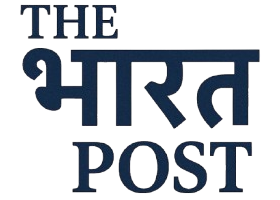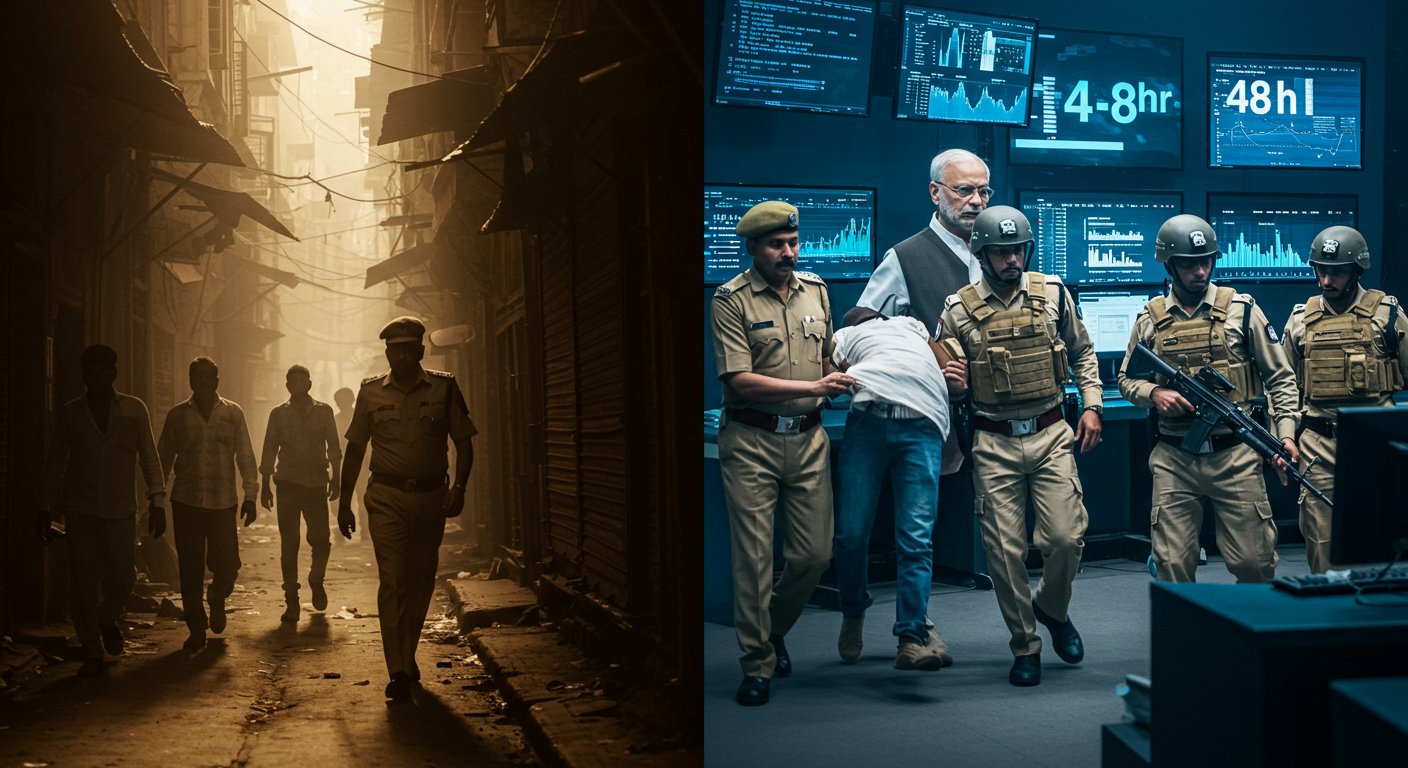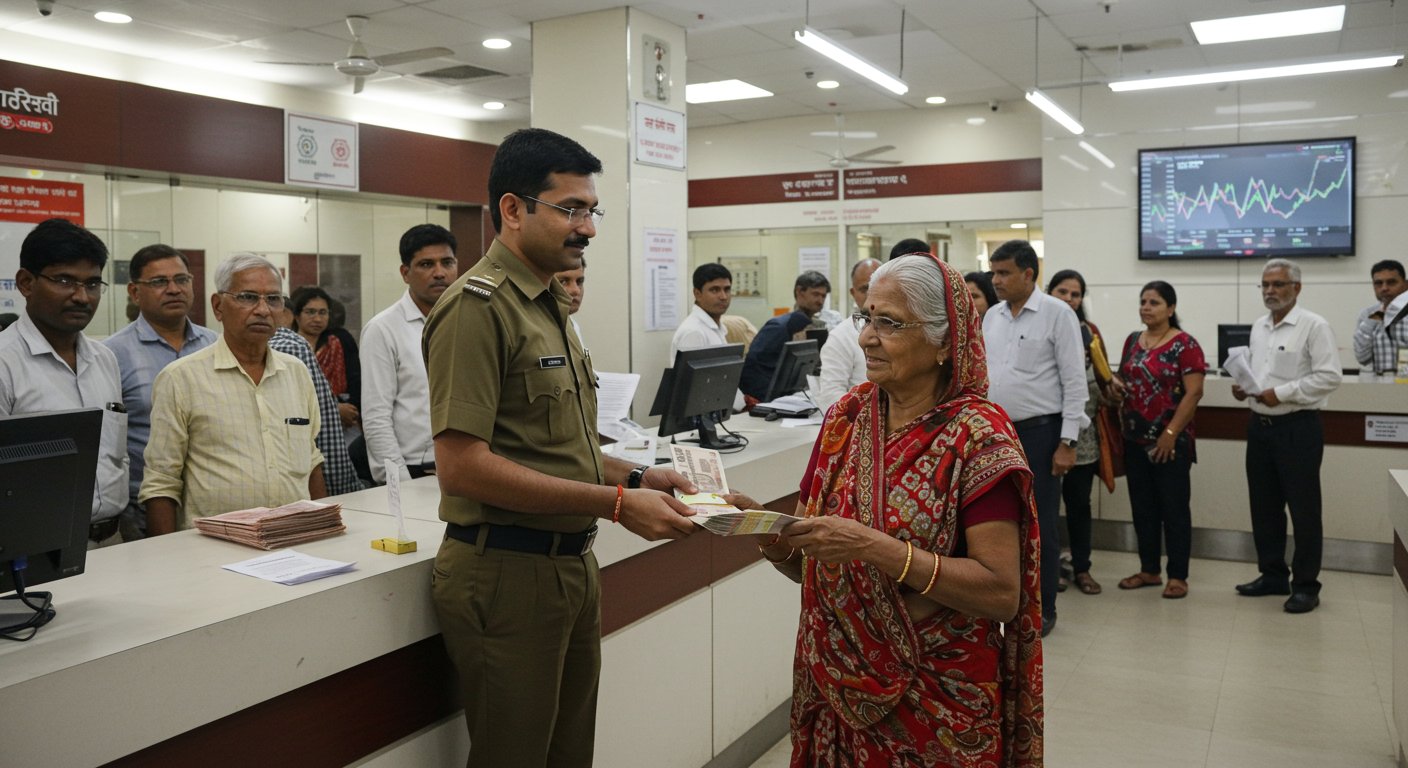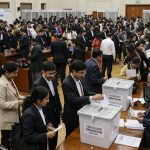A former Karnataka minister is now openly suggesting his recent cabinet removal serves as political payback, sparking immediate speculation about internal party strife. His sudden exit from a powerful post directly leads to questions regarding hidden power battles within the ruling party. These sharp comments today signal deep cracks and suggest a major political storm is brewing in Karnataka, leaving observers to wonder what true motives lie behind the scenes.
Former Minister Removed from State Cabinet
A recent decision by the state’s ruling party has led to the removal of a prominent former minister from the state cabinet. Mr. K. N. Rajanna, who served as the Cooperation Minister, was formally removed from his position following a directive from the party’s central leadership. The Governor of the state signed the order for his removal, acting on the recommendation from the Chief Minister. This move has sparked widespread discussion within political circles and among the public, especially given the timing and the reactions that have followed.
Why the Minister Was Removed
The core reason behind Mr. Rajanna’s removal appears to be his public comments regarding allegations of voter list problems. Specifically, he had questioned certain claims made by a top leader of his own party about “vote theft.” Mr. Rajanna’s statements indicated that some voter list issues happened when his own party was in power. he asked why these problems were not stopped at that time.
His remarks were seen by the party’s central command as going against the official party stand. This created a situation where the party leadership felt he had undermined their position on a sensitive matter. The party considered his comments to be out of line with the agreed-upon message, which led to the strong decision to remove him from his ministerial post.
Minister Hints at Wider Issues
After his removal, Mr. Rajanna spoke openly about the situation, hinting at bigger problems behind the scenes. He expressed his belief that there was a “big conspiracy” that led to him being taken out of the cabinet. He stated that he knows “who all are behind it and what has happened.” He has also promised to share all the details about this alleged conspiracy “when the time is right,” suggesting that more insights will come to light later.
Despite these strong words, Mr. Rajanna also said that his earlier comments about the voter list issues were “misunderstood.” He mentioned his plan to travel to the nation’s capital to meet with top party leaders, including the leader whose statements he had questioned. His aim in these meetings, he said, is to make things clear and remove any misunderstandings that may have arisen from his remarks. He also maintained his loyalty to the party, even after being removed from his position.
“I too know how to finish someone politically,” Mr. Rajanna reportedly stated, adding another layer to the public discussion surrounding his dismissal.
Reactions from Different Sides
The removal of Mr. Rajanna has caused a stir across the state’s political landscape. For the Chief Minister, this decision is seen as a setback, as Mr. Rajanna was known to be a loyal follower and a straightforward speaker.
The main opposition party in the state quickly criticized the ruling party’s decision. They suggested that Mr. Rajanna was removed simply for “speaking the truth.” The opposition party also raised concerns that the ruling party might be targeting leaders from specific groups, especially since Mr. Rajanna belongs to the Valmiki community, which is a Scheduled Tribe. His removal, along with a previous instance of another minister from the same community leaving the cabinet, has led to worries about how this might affect the crucial Scheduled Tribe community, which makes up a good portion of the state’s population.
Public reaction to the removal has also been strong in some areas. In places like Tumakuru and Madhugiri, which are considered Mr. Rajanna’s strongholds, his supporters took to the streets to protest. These protests included shops closing down and supporters blocking roads. In a serious turn of events, one supporter even attempted to harm himself in protest, though he was stopped by the police.
In response to the protests and criticisms, leaders from the ruling party emphasized the importance of party discipline. They stated that the decision was made by the central command in the best interest of the party’s overall functioning and unity. They reiterated that all party members are expected to follow the decisions made by the high command.
The situation highlights the ongoing internal dynamics within the ruling party and the challenges faced by leaders when their public statements differ from the official party line. The future developments, especially Mr. Rajanna’s promised revelations, are keenly awaited by observers. The impact of this removal on the state’s political balance, particularly concerning community representation and party unity, remains a key point of observation.
![]()














